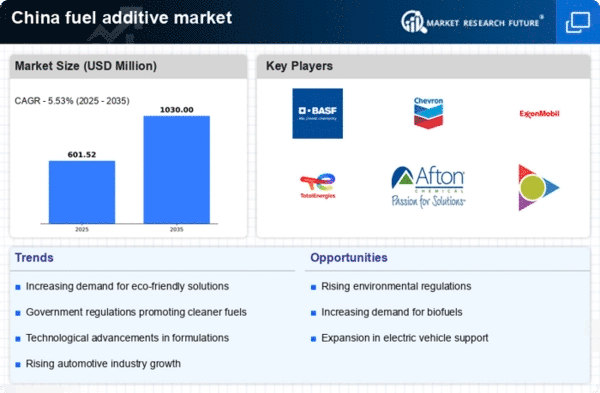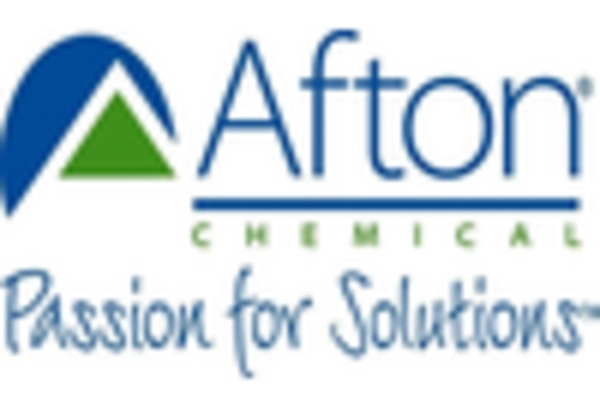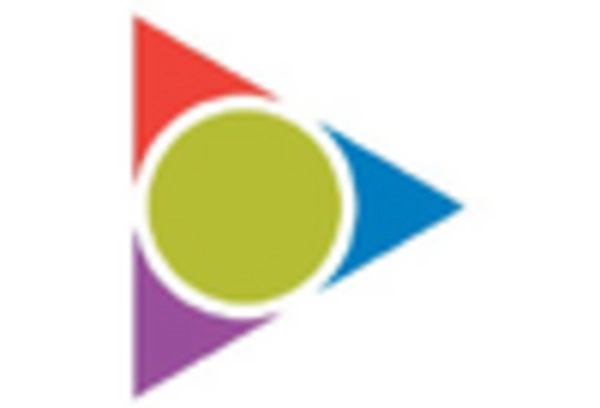The fuel additive market in China is characterized by a dynamic competitive landscape, driven by increasing demand for fuel efficiency and stringent environmental regulations. Major players such as BASF (DE), Chevron (US), and Afton Chemical (US) are actively engaged in innovation and strategic partnerships to enhance their market presence. BASF (DE) focuses on developing advanced fuel additives that improve engine performance and reduce emissions, while Chevron (US) emphasizes sustainable solutions through its proprietary technologies. Afton Chemical (US) is also investing in research and development to create high-performance additives that cater to the evolving needs of the automotive sector. Collectively, these strategies contribute to a competitive environment that prioritizes technological advancement and sustainability.Key business tactics within the market include localizing manufacturing and optimizing supply chains to enhance operational efficiency. The competitive structure appears moderately fragmented, with several key players exerting influence over market dynamics. This fragmentation allows for a diverse range of products and innovations, as companies strive to differentiate themselves through unique offerings and localized solutions.
In October Chevron (US) announced a strategic partnership with a leading Chinese automotive manufacturer to co-develop next-generation fuel additives aimed at improving fuel economy and reducing emissions. This collaboration is significant as it not only strengthens Chevron's foothold in the Chinese market but also aligns with the growing emphasis on sustainability within the automotive industry. By leveraging local expertise, Chevron (US) is likely to enhance its product offerings and meet the specific needs of Chinese consumers.
In September BASF (DE) launched a new line of fuel additives designed to meet the stringent environmental standards set by the Chinese government. This initiative underscores BASF's commitment to sustainability and positions the company as a leader in providing eco-friendly solutions. The introduction of these additives is expected to bolster BASF's market share and appeal to environmentally conscious consumers, thereby enhancing its competitive edge.
In August Afton Chemical (US) expanded its production capacity in China to meet the rising demand for high-performance fuel additives. This expansion reflects Afton's proactive approach to addressing market needs and optimizing supply chain logistics. By increasing its manufacturing capabilities, Afton Chemical (US) is likely to improve its responsiveness to market trends and solidify its position as a key player in the region.
As of November current competitive trends in the fuel additive market are increasingly defined by digitalization, sustainability, and the integration of artificial intelligence. Strategic alliances among key players are shaping the landscape, fostering innovation and enhancing product development. The shift from price-based competition to a focus on technological advancement and supply chain reliability is evident, suggesting that companies will need to prioritize innovation and sustainability to maintain a competitive edge in the evolving market.
















